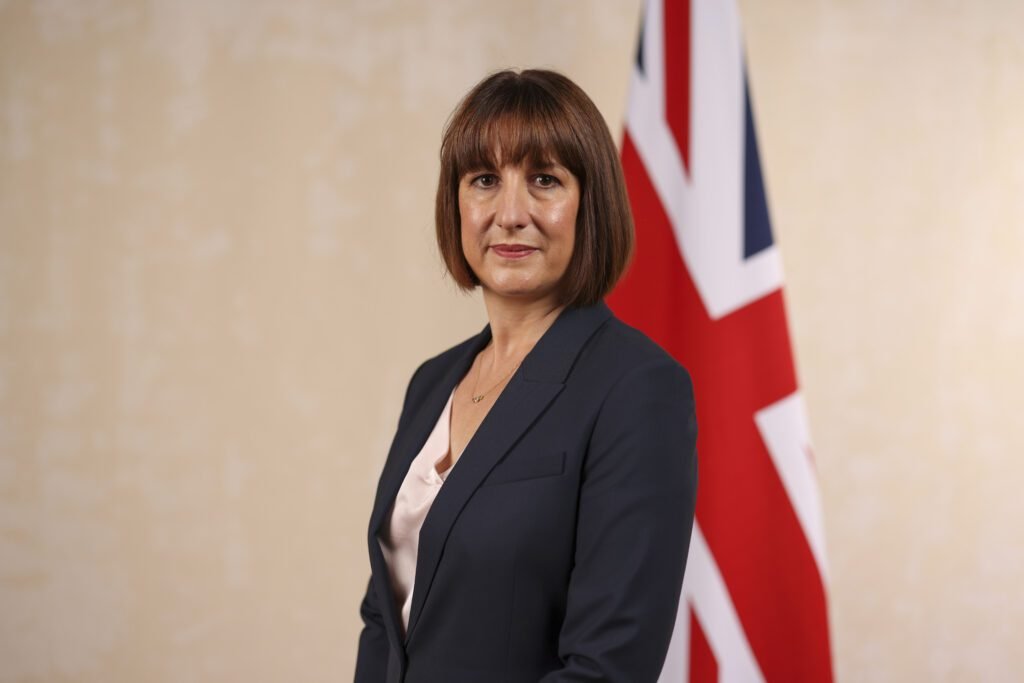The UK’s economic outlook has taken a hit, with reports suggesting that the fiscal watchdog has downgraded its growth forecasts. This puts Chancellor Rachel Reeves in a difficult position, forcing her to choose between raising taxes or cutting government spending in the upcoming budget.
According to preliminary projections from the Office for Budget Responsibility (OBR), shared with the Treasury last week, sluggish economic growth combined with rising borrowing costs have eroded the financial cushion Reeves had set aside. While the OBR will refine its projections in the coming weeks, early indications suggest that the Chancellor could be facing a small deficit in March, as reported by Bloomberg.
Back in October, Reeves had a modest buffer of £9.9 billion to ensure government spending was covered by tax revenue, adhering to a key fiscal rule. However, weaker-than-expected economic performance in the latter half of last year has severely impacted tax receipts, making it harder to stay within budget.

The economic slowdown has also weighed heavily on both businesses and consumers. Confidence levels have plummeted amid rising taxes and a prevailing sense of economic uncertainty. Fresh data expected tomorrow is likely to confirm that the economy shrank by 0.1 percent in the final quarter of 2024, pushing the UK closer to a potential recession.
With economic conditions deteriorating, financial institutions and analysts have drastically revised their growth forecasts. Initially predicting a 1.5 percent growth rate in November, the Bank of England has since adjusted its expectations downward, cutting its projection to just 0.7 percent last week. Meanwhile, the OBR had previously forecasted a more optimistic 2.0 percent growth for 2025.
Compounding the issue, government borrowing costs have risen since October despite some recovery in bond markets. Higher interest payments on government debt will only add to the Treasury’s financial burden, further complicating the Chancellor’s budgetary decisions.
Given these constraints, reports indicate that Reeves is leaning towards spending cuts to maintain fiscal balance in March. However, additional tax hikes could still be considered later in the year, potentially in the autumn budget. The challenge for Reeves will be to navigate these tough choices without further dampening consumer and business sentiment, which are already fragile.
The coming weeks will be crucial in determining the government’s approach to these economic headwinds. Whether the UK can steer clear of a full-blown recession remains to be seen, but with mounting financial pressures, the Chancellor faces one of the toughest economic balancing acts in recent years.








